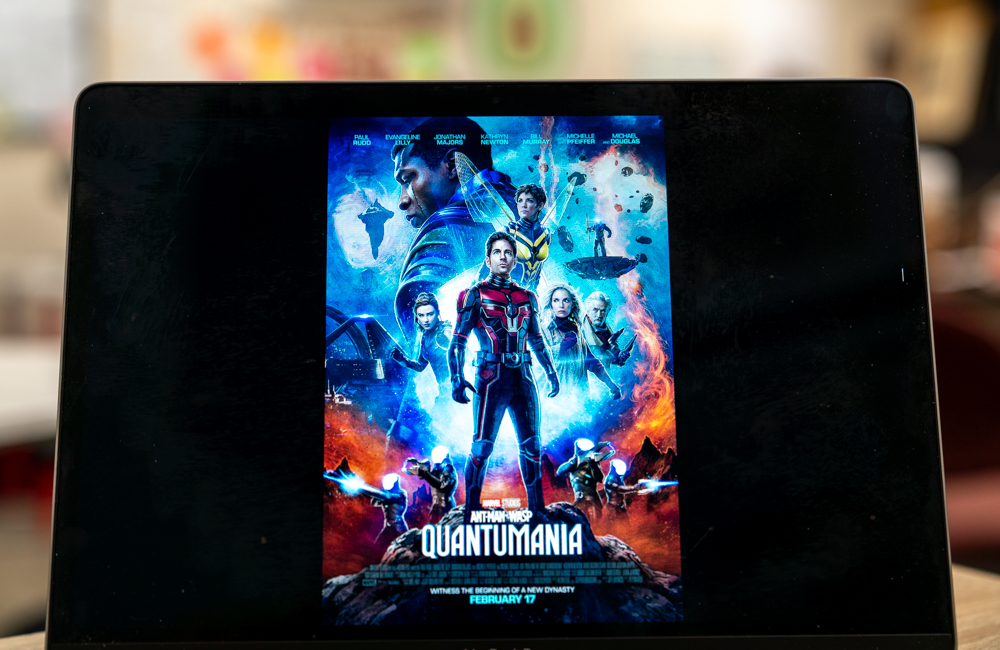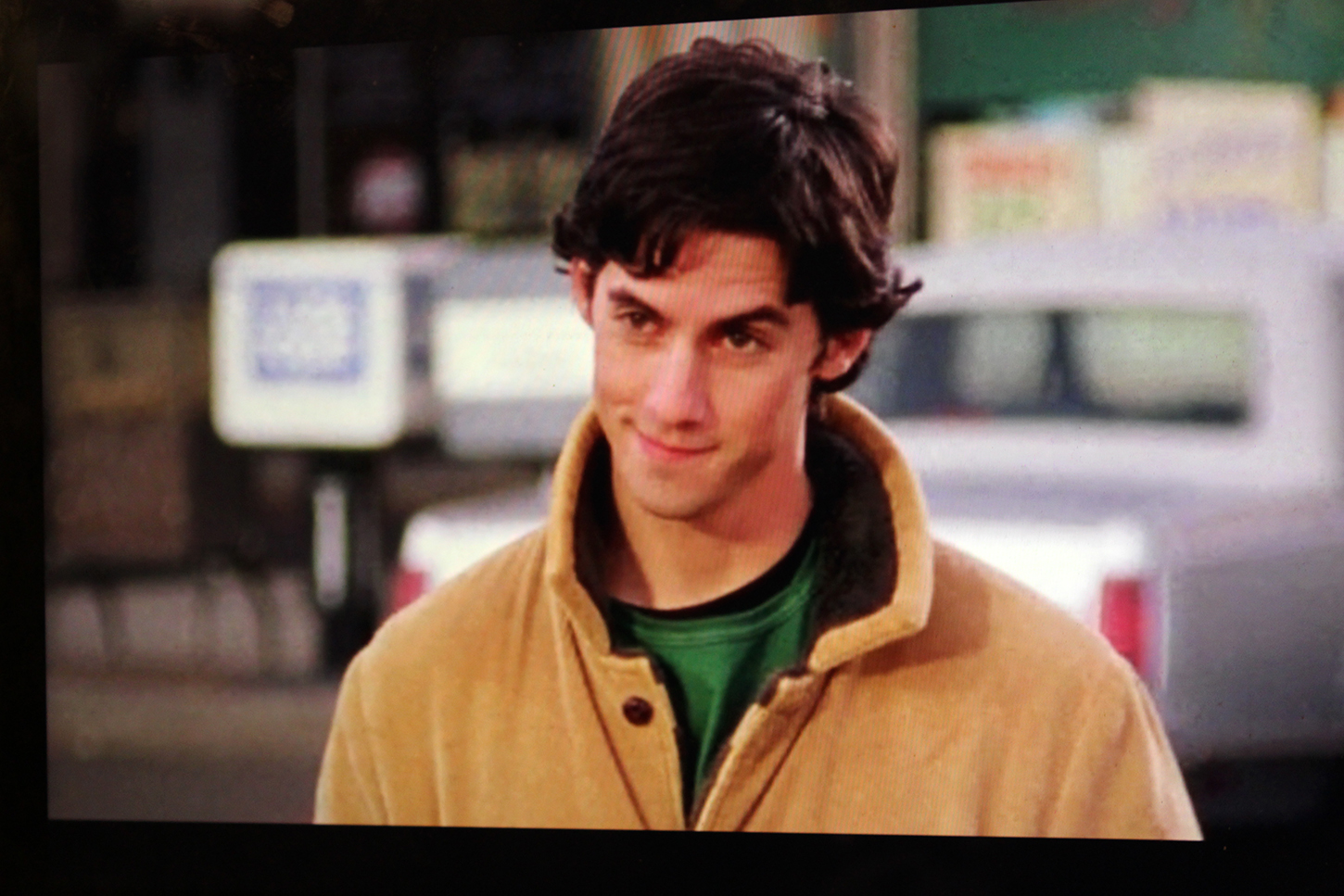Roland Emmerich is known for his epic disaster films such as Independence Day, The Day After Tomorrow, and 2012.
Yet in Anonymous, Emmerich takes on a doozy of a conspiracy theory concerning the authorship of Shakespeare’s plays, using his eye for immense spectacle to depict Elizabethan England rather than for blowing stuff up or for crumbling cities into the ocean.
Anyone with a literary bone in their body may feel aversion to the idea that someone other than the bard from Stratford wrote the most eloquent poetry ever – a conspiracy bouncing around in intellectual circles for centuries.
Yet, taken at entertainment value, Anonymous holds its own as an enthralling drama, with a stellar cast and glittering period construction.
The film presents one avenue of the authorship debate, and it seems to fit at first. Yet, the plot eventually winds into the dangerously ridiculous: ludicrous half-guesses about incestual offspring and characters thrown in for, well, the hell of it.
In Anonymous, Shakespeare (Rafe Spall) is merely an actor, an illiterate, ego-driven, drunken buffoon – he takes credit for the true genius’ work and lives hedonistically in the throws of fame. The real author is the tortured Earl of Oxford, Edward De Vere, (Rhys Ifans) who must hide his identity or suffer a harsh blow to his reputation. Ifans gives an emotional and versatile performance (his eyes also sparkle in a deliriously dreamy way). David Thewlis and Edward Hogg play the villainous Cecil’s, who puppeteer the queen to seize the throne, which causes a ruckus and heaps of drama. Mother-daughter combo Vanessa Redgrave and Joely Richardson play Queen Elizabeth – and she is anything but virginal, having had illegitimate children left and right.
Admittedly, it’s pretty neat to see all these literary heroes on screen – the unwavering idealism of Ben Johnson (Sebastian Armesto) and the likes of Christopher Marlowe (Trystan Gravelle) gossiping as they watch the plays in the Rose Theatre. Both The Rose and The Globe are brought to life through incredible visual work, and they are delightful to behold on screen. Entire shots of London were recreated masterfully on the computer, and Emmerich’s vision of Elizabethan England dazzles in its dirty majesty. Significant praise is due to costume designer Lisy Christy too; at the very least Anonymous deserves a viewing for her magnificent work dressing these characters.
Anonymous is by no means convincingly persuasive – and though it was fun to watch, it’s Hollywood taking an idea to the extreme peak of dramatic possibility (no surprise there).
Anonymous is absolutely packed with characters and time jumps – and there are so many subplots and motivations colliding at once, it’s a bit of a headache. Worse, the film degenerates into a political mess, bending facts and following others loosely.
Yet, it brings power to the idea of theatre as an inspiring agent of intrigue and illusion – and gives proper homage to plays that continue to change the face of civilization. In the end, it doesn’t really matter who wrote such an influential body of work– just that it was written at all.


































































































































Helen H. Gordon • Nov 3, 2011 at 8:38 pm
I agree that the film is great theater, while admittedly it makes some changes in historical dates and characters for dramatic purposes. It does matter that “William Shakespeare” was a pen name, which is why we haven’t found much data on the author for the last 400 years. It would be similar to searching for a Mr. Mark Twain in Hannibal, Missouri, which is where the person lived who used “Mark Twain” as a pen name (Samuel Clemens). Let’s all keep our minds open and let John Orloff’s wonderful script open up new avenues for finding out the truth. We might start with Mark Twain’s essay, “Is Shakespeare Dead?” in which he points out what very few facts we have, upon which we have built a mythology that some people mistake for facts. I am an English professor emeritus, and I agree with Mark Twain and Mark Rylance (who also have a great deal of literature in their veins)
Helen Heightsman Gordon, M.A., Ed. D.